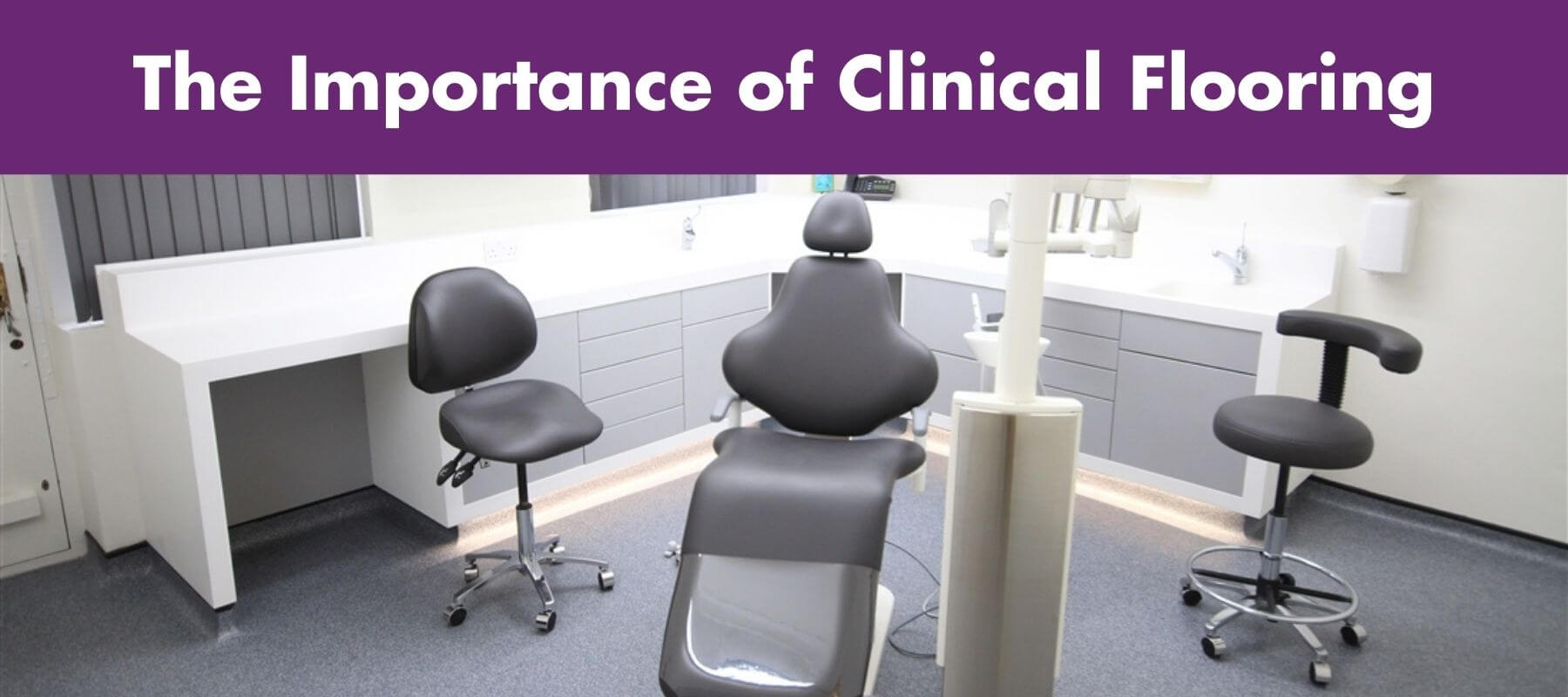
Despite being a crucial component of the surgery, flooring is often overlooked when surgeries are not designed by dental fit-out specialists.
The type of surface should be durable, hygienic and low maintenance in order to safeguard staff and patients. To maintain infection control, the floor covering must be laid professionally.
Specifically, this would involve a cap and cove method for walls and cabinet plinths / trims to aid easier cleaning, joins would need to be seamless and heat-welded with the addition of a non-slip surface.
The 2013 version of the HTM 01-05: Decontamination in primary care dental practices states that “Flooring in clinical care and decontamination areas should be impervious and easily cleanable. Carpets, even if washable, should not be used. Any joins should be welded or sealed. Flooring should be coved to the wall to prevent accumulation of dirt where the floor meets the wall.”
This is a subject that we often need to discuss with the client as the planning and construction can determine how a surgery design will develop and pan-out.
We believe that identifying and delivering the right solution for each practice enables the dentists and their staff to operate at the highest performance levels, so that they can focus on their dental practice success.
This article covers everything you need to know about the most suitable types of flooring for dental surgeries and decontamination rooms.
Let’s cut to the chase… In most cases we will recommend vinyl flooring and there is a range from Gerflor that is particularly hard-wearing and easy to maintain.
Flooring often wears in the area where the dentist’s and nurse’s stools are – as they tend to operate in much the same spot every day. Flooring needs to be high quality with good wear resistance to withstand this.
Vinyl flooring can be patched with heat-welded joints if small repairs need to be made for worn areas or if services and the chair position need to be moved.
This patch can sometimes be made into a feature with a circular shape and contrasting colour.
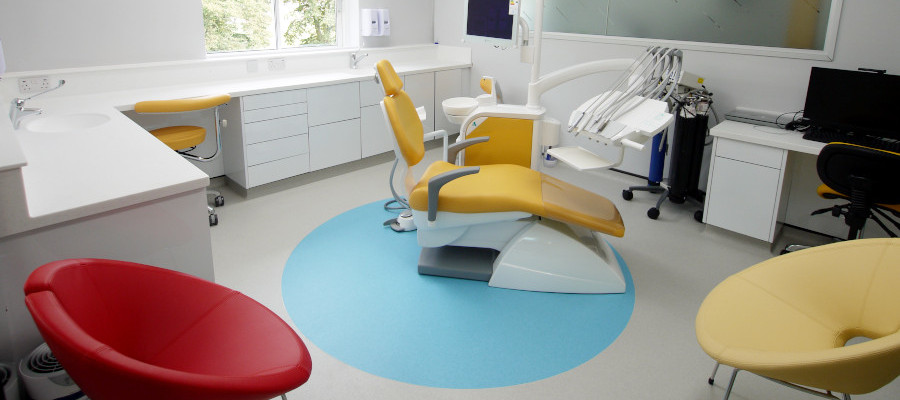
HTM guidance requires surgery and decontamination flooring to be easy to clean, welded or sealed at joins and coved to the wall.
To make flooring easy to care for and avoid hazardous incidents in the surgery, where bodily fluids and liquids can be spilled, there should be no areas where dirt or bacteria could accumulate. Spills can be swiftly cleaned up from a smooth, seamless surface and coving will prevent any potentially infectious material from collecting and proliferating at the edges.
On many occasions we have seen flooring installed poorly and quickly becomes an infection control issue due to coving falling off the wall, joints being butt-jointed rather than heat-welded and vinyl cut around the chair rather than going underneath.
When flooring is capped and coved it would mean that a sheet of vinyl is extended up the wall and any cabinet trims or kick boards at a coved angle or rounder junction.
To provide a sealed finish that is hygienic and easy to clean, a capping strip would run along the top of the flooring and against the wall itself. This creates a form of skirting and gives an aesthetic and hygienic impression.

There are no cracks between the floor and the wall with a cap and cove system. It prevents any particles on the floor from being swept into corners, seams or crevices that are difficult to clean.
Sometimes a sit-on skirting is used as an alternative to cove and capping. This is not fully compliant as you have a joint where it is glued to the floor, and it tends to fall away, off the wall.
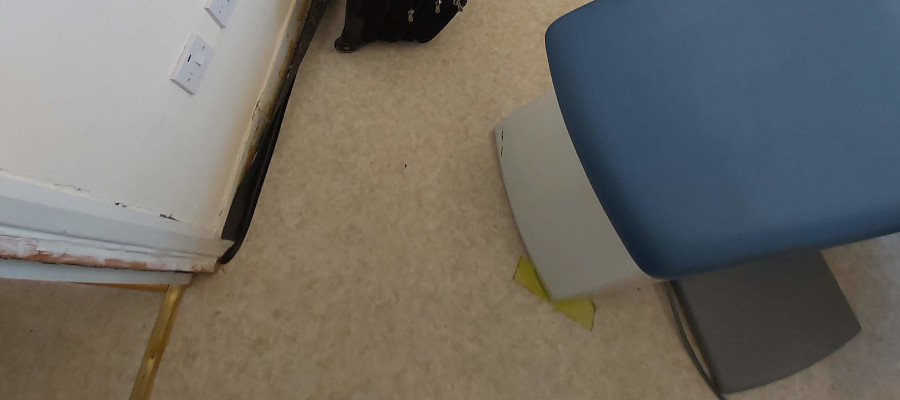
Guildford Orthodontics is a good example of the difference a cove and capped vinyl floor can make compared to the previously installed laminate floor with skirting boards.
Not only does this create an environment that is compliant with CQC guidelines, but it also maximises operational efficiencies and delivers an improved staff and patient experience.
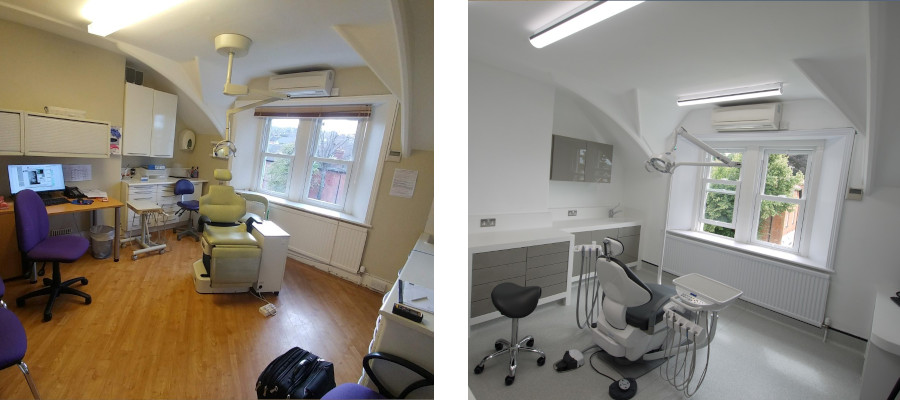
To endure constant footfall activity and equipment, such as mobile carts, commercial vinyl flooring is much thicker than residential vinyl and is built to last many years.
It is exceptionally long-lasting, stain resistant, robust and can be easily repaired if needed.
Standard vinyl flooring will always be insufficient and even dangerous in an area where spills can frequently occur. For this reason, non-slip flooring should always be chosen for a dental surgery.
Non-slip vinyl floors have been carefully designed to guarantee that slippery surfaces do not create a problem. Given that surgeries and operating rooms contain a range of fluids, it stands to reason that no other variety should be considered.
Electing for a durable and anti-slip floor will ensure peace of mind for the dentist knowing that no avoidable harm will occur to staff and patients.
As mentioned above, we would usually opt for Gerflor vinyl flooring, although there are other options that we would consider, such as: Altro and Polyflor. These are also durable, non-slip vinyl floors that have a wide range of colours and textures, including a wooden floor look.
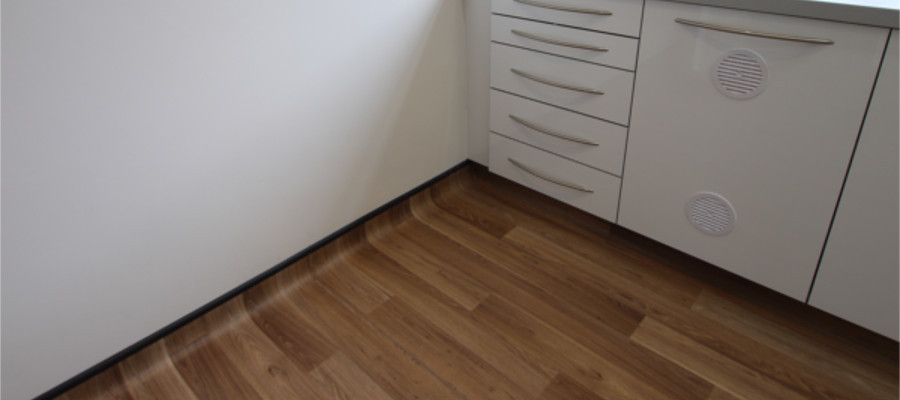
Vinyl tiles / planks are not recommended because there are too many joints which can pose an infection control risk, although they would be adequate for reception areas.
Stone, ceramic or stone tiles would also be unsuitable for the same reason, seals and joints would need to be heat-sealed, as stated in HTM 01-05 and tiles cannot be coved.
Wood floors, including laminate and hardwood are again unable to provide an impervious seal or be coved against the wall and would be inefficient at controlling infection.
Carpets are completely rejected by HTM guidance for surgeries and are not even ideal for waiting rooms and reception areas due to dirt from footwear and the difficulty in cleaning.
Other options that do support HTM and CQC guidelines would be rubber and resin flooring. These alternatives are popular in the US and parts of Europe and for larger areas, such as hospitals. Furthermore, they are non-slip, durable, easy to clean and can be coved against the walls.
Dental chairs will need incoming services, electricity being essential, although in a lot of cases, water and air would need to be connected as well.
Sometimes, floors are raised up to enable services to run below to the chair. This has the disadvantage of creating a step-up into the surgery.
We have been asked to remove this on a number of projects, by lowering the floor and running the services within the structural floor by cutting into concrete or drilling through floor joists.
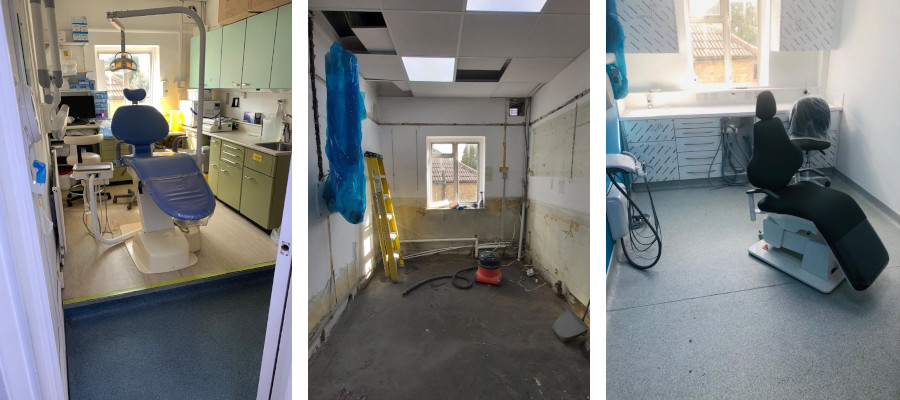
If a new dental chair is purchased which has a different position for incoming services from the old chair, a patch in vinyl flooring can be easily placed and sealed to make good. Alternatively, a feature can be made of this with a large circular area of new vinyl around the chair in a contrasting colour.
The HTM guidance mentioned before is for “Decontamination in primary care dental practices” although this would still be essential guidance to follow for rooms that do not involve decontamination activities, including surgeries and even digital imaging rooms.
The wording reinforces that flooring should be durable, easy to clean, sealed and coved.
The Care Quality Commission has a regulation (Health and Social Care Act 2008 (Regulated Activities) Regulations 2014: Regulation 15) that states “premises where care and treatment are delivered are clean, safe and suitable for use.”
The CQC cannot prosecute for a breach of this regulation or any of its parts, but they can take regulatory action.
Cleaning vinyl flooring is relatively easy, although liquids can damage the surface if left for long periods because of its non-absorbent nature. Wipe spillages immediately with a damp cloth or mop and dry the surface before walking over that area again.
Warm water and soap will usually be enough to give a thorough clean and tough stains can be handled with specialist cleaning agents or even bicarbonate of soda.
Never use an abrasive scourer on vinyl floors and not all chemicals are suitable.
The flooring that we advocate is very durable and when maintained correctly can last upwards of 10 years. Even if there is damage over time, vinyl floors can be patched and if the dental chair needs replacing, services can be easily accessed with the area repaired and sealed.
Because patients are typically nervous when they go to the dentist, the best flooring may not only alter a room but also put prospective customers at ease.
Flooring is a very important aspect of the dental surgery environment and our recommendations would ensure compliance to CQC guidelines and deliver highly complimented staff and patient experiences.
And this information is not only relevant to surgeries, but also to decontamination rooms and even CBCT or OPG rooms.
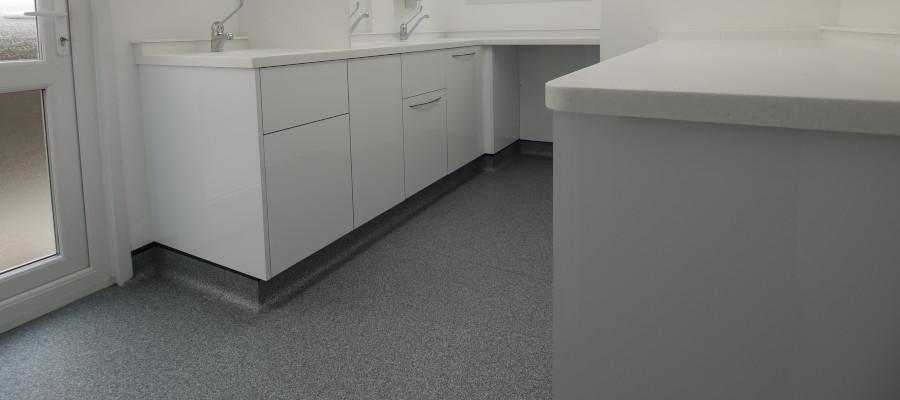
At Eclipse Dental we focus on improving workflows by maximising operational efficiencies and making spaces that work for the dental practitioner, their staff and their customers.
Whether you’re starting from scratch or upgrading your existing surgery, our expert team is here to design, build and equip a practice tailored to your needs.
Fill out this form, and we’ll be in touch within 24 hours to discuss how we can make your project a success.
Eclipse Dental is committed to protecting and respecting your privacy, and we’ll only use your personal information to administer your account and to provide the products and services you requested from us. From time to time, we would like to contact you about our products and services, as well as other content that may be of interest to you.
You can unsubscribe from these communications at any time. For more information on how to unsubscribe, our privacy practices, and how we are committed to protecting and respecting your privacy, please review our Privacy Policy.

I have used them for the first time in recent months for a complicated project in carrying out a practice refurbishment. Eclipse were meticulous and brilliant. Very knowledgable engineers and a beautiful finish to my practice. They really are a family based business who will look after you. Very professional company and will definitely keep using them.

I had my 2 surgery practice completely stripped out and services repositioned with new flooring, new equipment and redecorated. They kept to the agreed time scale and we were up and running in our state-of-the-art new surgery. Thank you Eclipse and I will be using your services again.

I did a lot of research looking for a dental fit-out company before I came across Eclipse Dental. They designed the surgery exactly the way I wanted it to look which suits my requirements perfectly. The final result was phenomenal, just phenomenal!

The engineers that attend our practice are very knowledgeable and always act in a professional manner. If we have an emergency situation John Boyt always tries his best to fit us in. I have no hesitation in recommending Eclipse Dental Engineering to you for all your servicing and breakdown needs.

Eclipse listened to my ideas, they added a lot to them and improved my initial design. They had loads of realistic and creative ideas for a 21st century dental practice! Two surgeries were refurbished on time without any interruption of our clinics.

We would highly recommend the awesome Eclipse team who guided us through the design process, finishing touches and colour schemes. Their ability to combine build works with equipment and dental engineering makes it so much easier and better value.

I am very pleased with the result, it is of a high quality and surpassed my expectations, on the strength of the work done I commissioned some extra wall cabinetry. The whole process was hassle-free and I would be very happy to recommend Eclipse to my friends in the business.
We used Eclipse recently in an emergency as we had equipment failure. They were very quick to respond to our call and were able to get us working again within 2 hours. The engineer was very friendly and professional and I would highly recommend this company.

I would like to express my gratitude to you and your team for your professionalism and prompt response when our dental chair packed up. You attended the same day, removed the damaged chair and installed a rental to allow us to continue practising.

Having dealt with many fit-out companies over the years, Eclipse Dental has been one of the most professional, dependable and sincere companies I have ever worked with. I would not hesitate to use their services again.
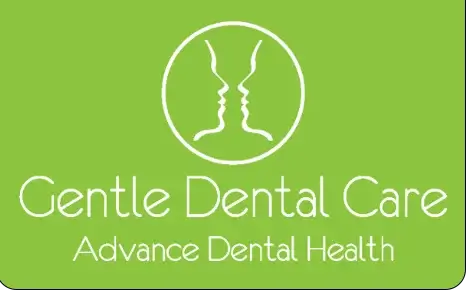
Excellent service, Eclipse have worked tirelessly for us and have always come out same day if we have a problem stopping us working. Thanks to all at Eclipse.
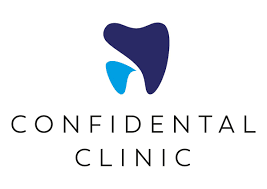
Their awareness of CQC regulations regarding equipment relocation and our necessity to minimise downtime was brilliant. We would like to recommend Eclipse Dental to anyone considering a refurbishment or relocation.
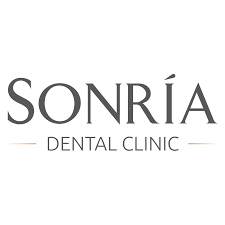
Very happy with the service and reliability of the team. From the beginning to the end, everyone was always helpful and very kind. I definitely will recommend Eclipse Dental!

I liked how swiftly the projects were done. Everything was managed, everything was timed and everything was coordinated. And every day we saw something happening. It was very exciting.

The quality of craftsmanship was exceptional—the cabinetry, flooring and all custom elements were made precisely to our specifications and aligned perfectly with our vision for the space.

Brilliant. Just professional! Complete refit of surgery. Flawless.

The boys did well! We didn’t give them much time to prepare but they did a great job, extremely pleased.

We have had the chairs for some time now and are happy with them. They serve what we need them for. The aftercare service is excellent

Eclipse are very flexible and listen to your needs. We are very impressed with the quality of workmanship they delivered. I would not hesitate to continue recommending Eclipse.
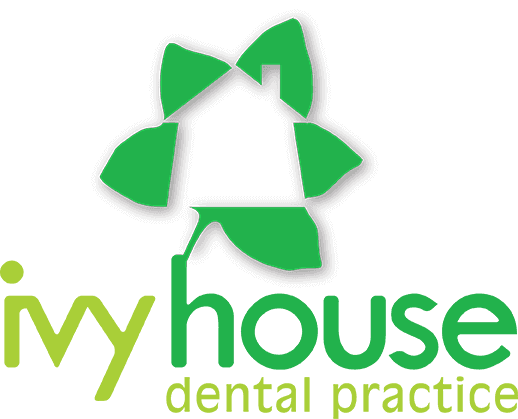
Eclipse were always accommodating of any requests and would always go the extra mile. I look forward to working with them for many years to come.

We are delighted with the end result. The practice looks good and, more importantly, works ergonomically and efficiently.